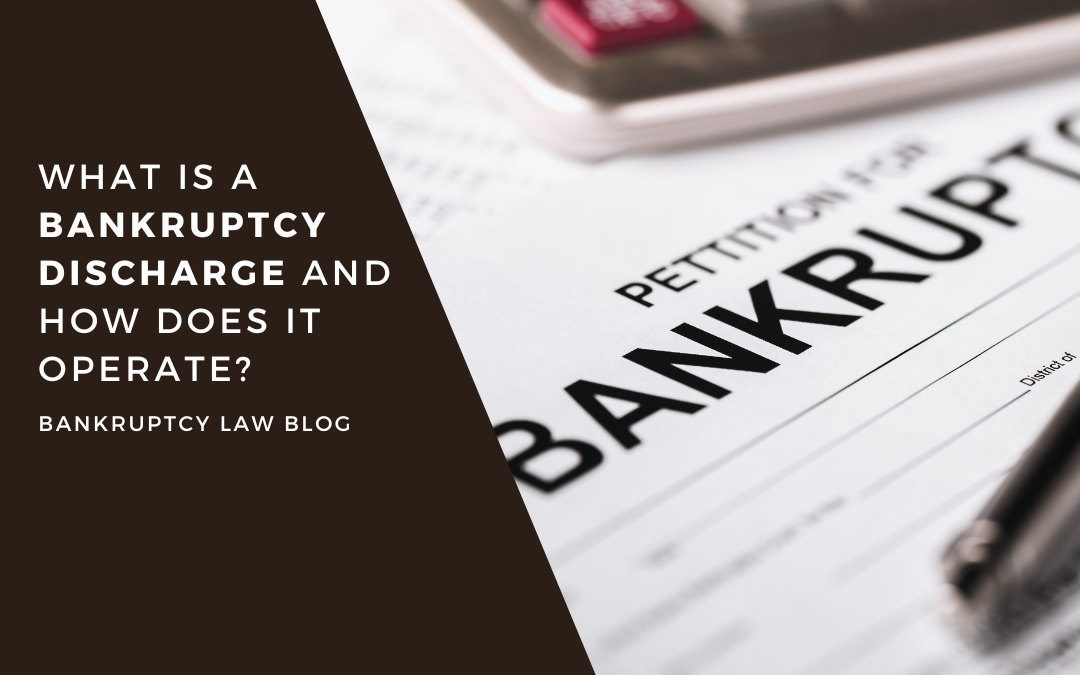A primary reason individuals and businesses file for bankruptcy is to have their debts discharged or reorganized. Under a debt reorganization, such as a Chapter 11 or Chapter 13 Bankruptcy, the filer works with court representatives to restructure their debts into a reasonable repayment plan. They keep the debt, yet often interest and fees are paused during the repayment period, and in some cases, a lower repayment amount is negotiated.
Other bankruptcy proceedings, such as Chapter 7, receive a “discharge,” which is a court order stating that the filer does not have to repay their debts. A discharge may not apply to all of the filer’s debt as some debts are not eligible for discharge, including:
- Alimony
- Child support
- Most taxes
- Most student loans
- Court fines and criminal restitution
- Personal injury caused by driving drunk or under the influence of drugs.
The discharge only applies to debts that arose before the date you filed. Also, if the judge finds that you received money or property by fraud, that debt may not be discharged.
It is important to list all your property and debts in your bankruptcy schedules. If you do not list a debt, for example, it is possible the debt will not be discharged. The judge can also deny your discharge if you do something dishonest in connection with your bankruptcy case, such as destroy or hide property, falsify records, or lie, or if you disobey a court order.
You can only receive a chapter 7 discharge once every eight years. Other rules may apply if you previously received a discharge in a chapter 13 case. No one can make you pay a debt that has been discharged, but you can voluntarily pay any debt you wish to pay. You do not have to sign a reaffirmation agreement (see below) or any other kind of document to do this.
Some creditors hold a secured claim (for example, the bank that holds the mortgage on your house or the loan company that has a lien on your car). You do not have to pay a secured claim if the debt is discharged, but the creditor can still take the property.
What Is a Reaffirmation Agreement?
Even if a debt can be discharged, you may have special reasons why you want to promise to pay it. For example, you may want to work out a plan with the bank to keep your car. To promise to pay that debt, you must sign and file a reaffirmation agreement with the court. Reaffirmation agreements are under special rules and are voluntary. They are not required by bankruptcy law or by any other law.
Reaffirmation agreements–
- must be voluntary
- must not place too heavy a burden on you or your family;
- must be in your best interest;
- can be canceled anytime before the court issues your discharge or within 60 days after the agreement is filed with the court, whichever gives you the most time.
If you are an individual and you are not represented by an attorney, the court must hold a hearing to decide whether to approve the reaffirmation agreement. The agreement will not be legally binding until the court approves it.
If you reaffirm a debt and then fail to pay it, you owe the debt the same as though there was no bankruptcy. The debt will not be discharged and the creditor can take action to recover any property on which it has a lien or mortgage. The creditor can also take legal action to recover a judgment against you.

